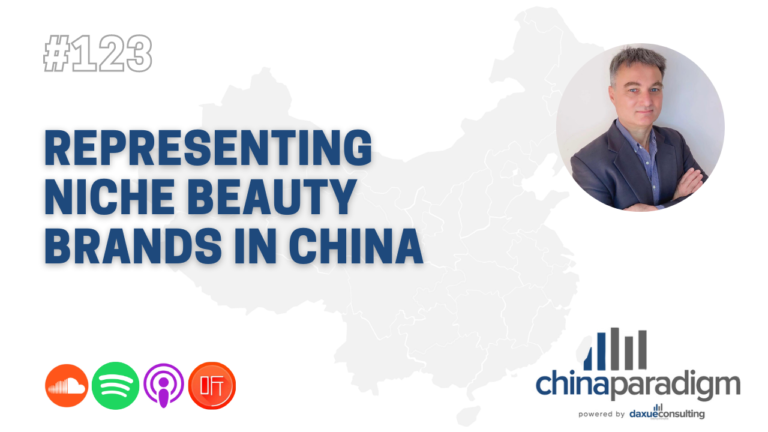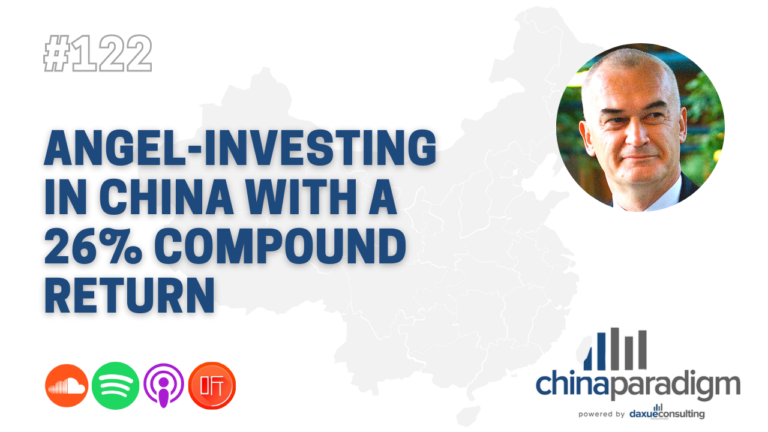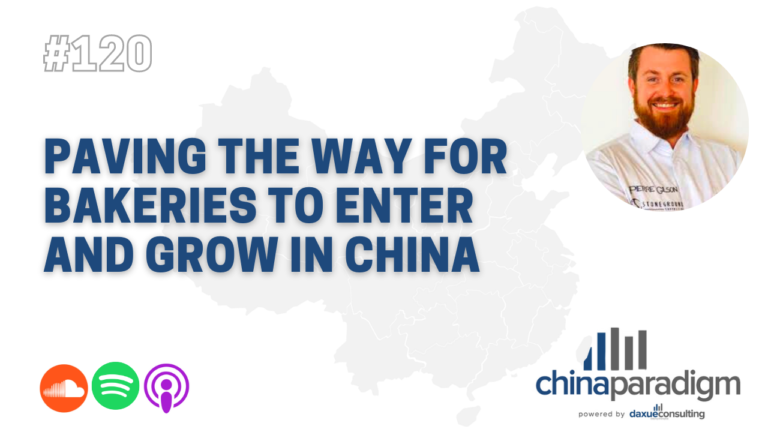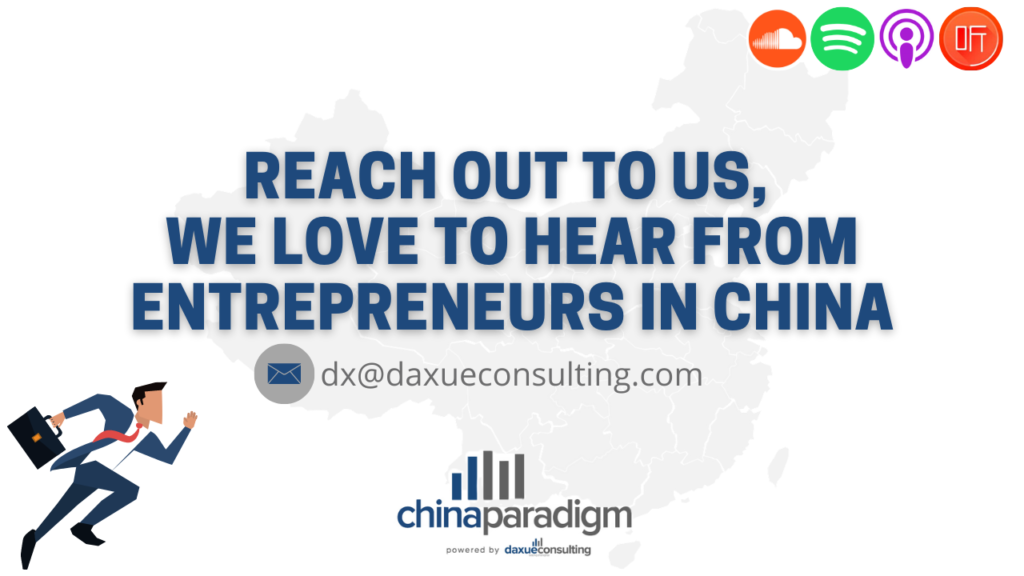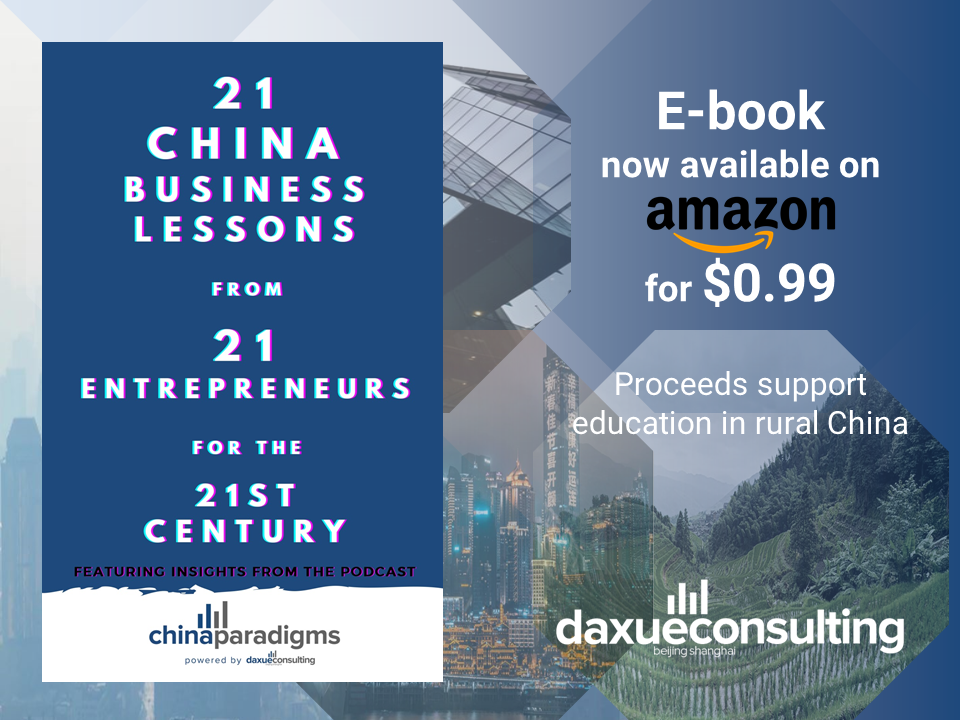China Paradigm interviewed Carol Liu, co-founder of Big Sur Tea and Coffee, to perfectly understand the specificities of the Chinese coffee market. Indeed, in a country where the vast majority of people drink tea every day, how can we make them want to buy coffee, a more expensive drink? Carol Liu gives us all the keys to succeed in the coffee business in China and how to manage stores in China, in terms of management, budget, and partner relationship.
Carol Liu, a coffee drinker in China who made it her profession
Graduated from the Conde Nast Center of Fashion and Design and the Chongqing Technology and Business University, Carol Liu worked around eight years in supply chain management.
In 2016, she decided to join her husband in the entrepreneurship adventure by co-founding Big Sur Tea and Coffee in Shanghai.
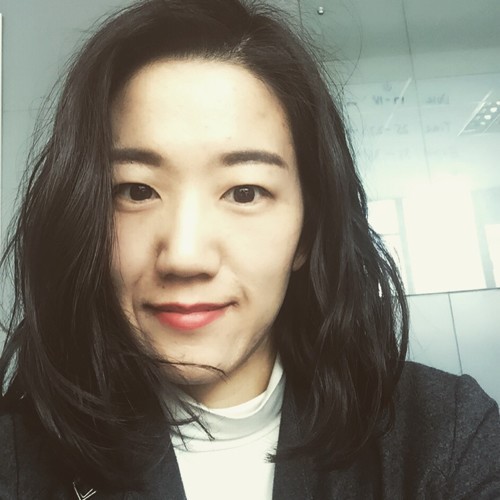
Big Sur Tea and Coffee, offering the best daily coffee to Chinese consumers
Big Sur is a coffee chain managed by Carol Liu and her husband. The concept is simple: five small coffee shops in China where you can enjoy high-quality coffee at reasonable prices. Today they have three shops in Shanghai; two are in the downtown area.
Schedules are attractive to employees who work alongside the various locations, and this can be confirmed in the peak hours: in the morning before work and at noon after lunch. Today the coffee shop chain sells high-quality coffee and tea.
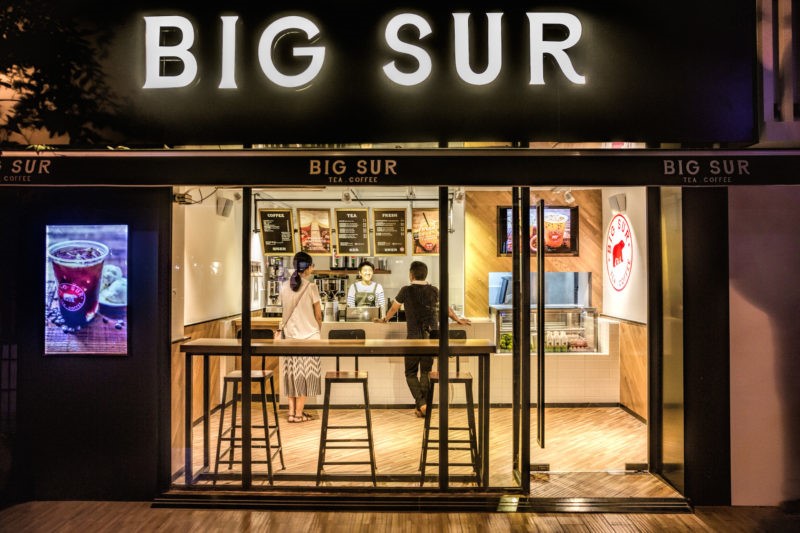
The quality of their offer is due in particular to the machines they have bought for their stores which are at the cutting edge of technology: for tea, they use the BUNN machine from the United States, which allows them to keep a robust flavor. For coffee, they opted for the best machine in the coffee industry in the world, La Marzocco.
Which partners to manage a coffee business in China?
Daxue Consulting was interested in knowing how Big Sur Tea and Coffee had been able to expand its business to more than 500 customers per day for some of the stores. For Carol Liu, the answer lies in the delivery partners. Indeed, in China, food delivery apps have around 355 million active users, meaning that a quarter of all Chinese people are ordering food from their phones.
Today Big Sur Tea and Coffee cooperates with Ele.me and Meituan and has its own Wechat account for delivery. Their strategy is to encourage clients to order through their platform because Ele.me and Meituan charge around 15 to 18%. To do this, they have set up a loyalty program where customers can accumulate points for each order that they can reuse in the store or cash in other stores. This requires them to work with a third party to ensure deliveries, which is DaDa. DaDa is a delivery company that only provides a delivering service.
How to be different from the competition in the coffee market in China?
In major cities, competition in the coffee industry in China is very high. Luckin Coffee, Coffee Bucks, Starbucks, Xicha, the names have been multiplying for two years.
According to Carol Liu, it is quite challenging to compete with these coffee shops in China because they have a localization strategy: they spend a lot of money to be located in the best shopping malls or at major intersections.
‘‘If you look at GreyBox and Xicha, the location is excellent, on the very hot shopping malls, and the design of the space is very modern, very comfortable. It’s nice to sit there, to have a talk or to work.’’
As for Luckin Coffee, Carol Liu looks back at the keys to their success:
‘‘For Luckin Coffee, I think the key factor of their success is their marketing, their advertisement, and their promotion.’’
Indeed this coffee chain in China has its mobile app and a mini program on WeChat. It enables them to publish their add every week and to attract consumers by giving discounts. They accumulate new members and make their customer base grow by playing on the network effect.
As an experienced entrepreneur in China, Carol Liu also highlights a parallel trend: the small independent players entering China’s coffee market these last years.
‘‘If you go to the French Concession in Shanghai, every 500m you can find tiny coffee shops. So, the competition in China is now very fierce.’’
They have, therefore, had to develop a marketing strategy to differentiate themselves, and this depends first and foremost on the quality of the raw products and the final product they offer. The temperature of the drink, the coffee beans, the origin of the products, the way the machine makes the coffee, everything is vital according to Carol Liu.
‘‘We focus on the details like the temperature, on the service and the high quality of the coffee. So, on these three dimensions, we hope that we can outstand within our competitors.’’
Today this coffee company in China also wants to reduce the tea products they sell and focus on coffee to have a more readable, professional, and expert brand image.
Listen to this episode here:






